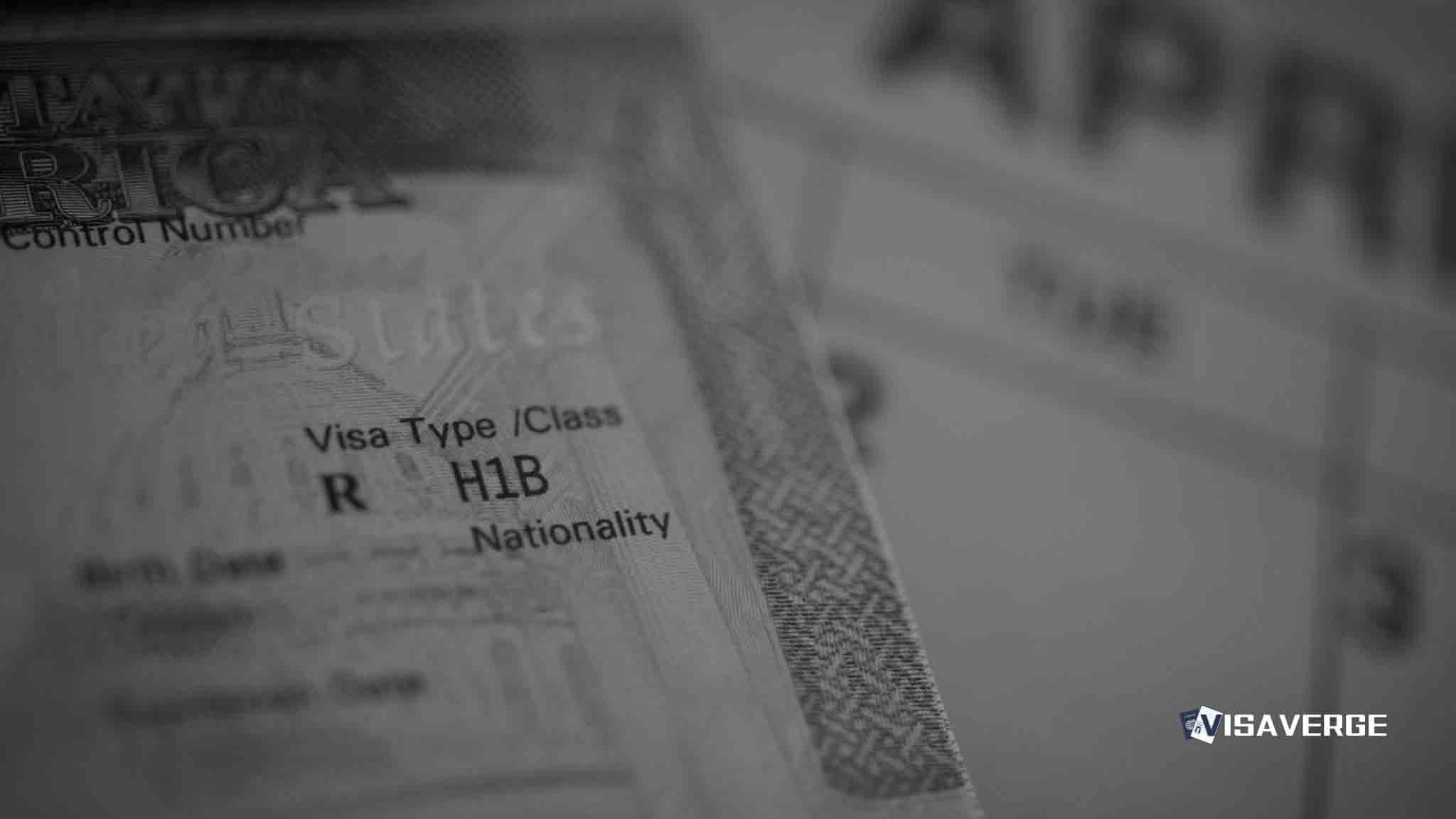Understanding H-1B Tax Obligations
If you’re an H-1B visa holder working in the United States, it’s important to understand your tax obligations. As an H-1B employee, you’re considered a resident alien for tax purposes, which means you’re taxed on your global income, similarly to a U.S. citizen.
Steps for Filing Your Taxes
1. Determine Your Tax Residency
To file your taxes correctly, determine your tax residency status. With the Substantial Presence Test, you generally qualify as a resident alien if you’ve been in the U.S. for at least 31 days during the current year and 183 days during the three-year period that includes the current year and the two years immediately before. Use IRS Form 8843 to calculate this if needed.
2. Collect Your Documents
Prepare all necessary documents, such as:
– W-2 forms from your employer detailing your annual income and withheld taxes
– 1099 forms if you have other sources of income
– 1042-S forms if you’ve received scholarships or fellowship grants
3. Understand Deductions and Credits
Familiarize yourself with potential tax deductions and credits that could reduce your taxable income or tax liability. For instance, you can claim standard deductions, itemized deductions, and even educational credits under certain conditions.
4. Choose the Right Tax Form
As a resident alien, you will typically use IRS Form 1040 or 1040-SR for senior taxpayers. Review the instructions carefully or consult a tax professional to ensure you’re using the correct forms.
5. Filing State Taxes
Remember, state taxes vary greatly. Check the tax rules for the state where you live and work. Some states have no income tax, while others have complex tax systems.
6. Report Global Income
Report all income earned, both in the U.S. and abroad. This includes interest from foreign bank accounts, income from property owned in other countries, and any job-related income.
7. Seek Professional Help If Needed
There’s no shame in seeking assistance from a qualified tax professional. They can provide valuable insights, especially when dealing with international aspects of tax law.
Deadlines and Penalties
Be aware that the deadline for filing federal income tax is typically April 15th. Filing late can result in penalties and interest on any unpaid taxes.
Important Points to Remember
- “The U.S. taxes individuals based on their residency status, not citizenship.”
- Keep all tax-related documents for at least three years from the date you file your return, or two years from the date you paid the tax, whichever is later.
- Filing electronically is usually quicker and may provide faster refunds.
Conclusion
Filing taxes as an H-1B holder can be complex, but with proper preparation, understanding the tax laws, and possibly seeking professional help, you can navigate this annual responsibility.
For more information and resources on filing your taxes, check the official IRS website or the U.S. Tax Guide for Aliens.
Please remember, this guide is for informational purposes, and it is always recommended to consult a tax advisor for personal tax advice.
Phew! Filing taxes as an H-1B visa holder isn’t exactly a walk in the park, but hey, it’s doable! Just remember to determine your tax residency, grab all your documents, know your deductions and credits, choose the right form, mind the state taxes, report your global income, and maybe even seek professional help, if needed. Oh, and don’t forget those deadlines and penalties! If you want more tips and tricks, head over to visaverge.com. Happy filing, my fellow visa holders!
Pocket Piece:
As an H-1B visa holder working in the U.S., it’s important to understand your tax obligations. You’re considered a resident alien for tax purposes and taxed on your global income, like a U.S. citizen. Determine your tax residency, collect necessary documents, understand deductions and credits, choose the right tax form, report global income, and seek professional help if needed. Remember the deadline and penalties, and keep important points in mind. Filing taxes as an H-1B holder can be complex, but with preparation and understanding, you can navigate it.














